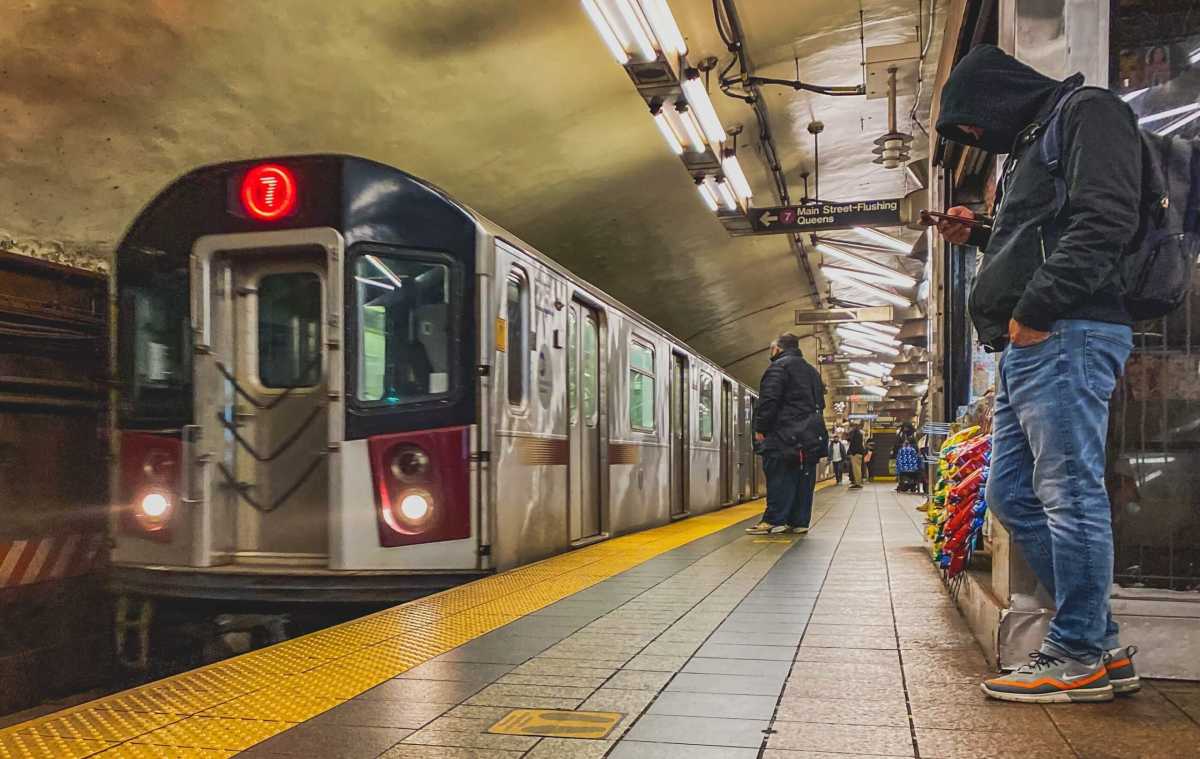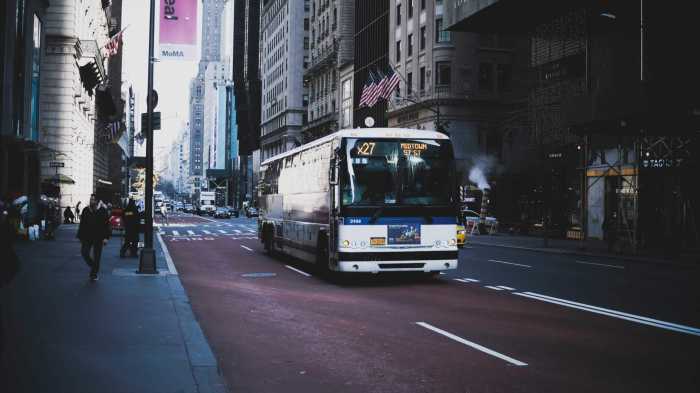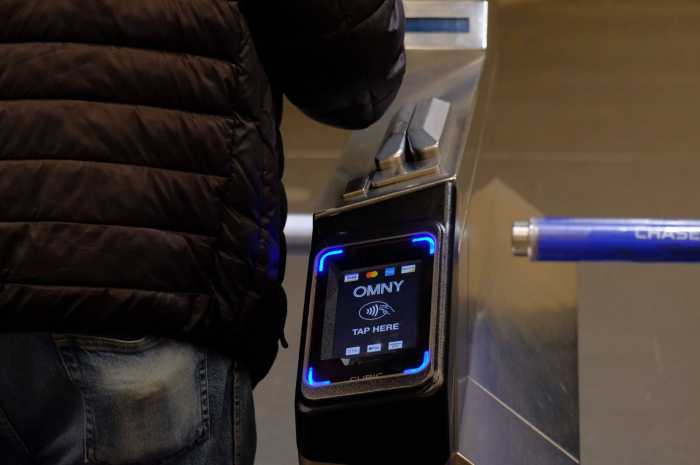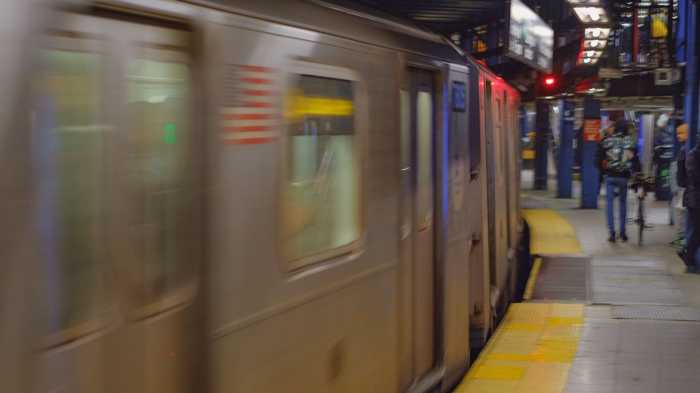With fare increases for mass transit users off the table, the Metropolitan Transportation Authority says the elimination of the bridge/tunnel toll discounts for Queens and Staten Island residents have been eliminated themselves in financing their operations in 2021.
Primarily, MTA Chairman Pat Foye believes President Joe Biden, sworn into office just one day prior, will come through with investments in mass transit as well as full FEMA reimbursements of COVID-19 related costs to the agency over the course of the pandemic.
“We don’t want to undertake any actions at this time that could exacerbate the impacts of this pandemic, especially for the essential workers, low-income residents and communities of color who depend on us most,” Foye said. “However I note that if a vote is delayed too long, the MTA may need to conduct a new cycle of fair hearings to ensure public comment remains relevant to the proposals being considered untold, we will review toll proposals in February, we recognize how important existing resident discounts are to commuters on Staten Island and Queens, and eliminating these discounts will not be considered next month. All other toll options remain on the table.”
But even with the redemptive prospects from Washington D.C., a change in leadership with an entirely different tone to the Trump administration and Republican-held senate under former Majority Leader Mitch McConnell, MTA Chief Financial Officer Robert Foran issued a reminder that all is still not well with the agency’s fiscal standing.
Burdensome deficits are still in the future, according to Foran.
“We’re still in the process of reconciling actual year-end results with the December financial plan forecast, and we’re in the process of preparing the February plan, which is revised the adopted budget. Changes to be reflected include the actual 2020 year-end balances, the difference between the four and a half billion dollars of federal aid that we had assumed and the $4 billion that we will receive, the estimated loss of fare income from the delay in the voting with adoption of a fare increase, the increased FEMA reimbursements, and the impact of the state budget and potential alternative actions based upon the level of federal aid received by the state,” Foran explained. “Now again as a reminder, we still face cumulative deficits of $11.4 billion in the 2022 to 2024 period. And even with service cuts and wage freezes that we do not want to do, but that we did have in the financial plan for 2022 and 2024, the deficit is still almost $8 billion.”
MTA Chief Development Officer Janno Lieber said the $51 billion capital plan adopted at the beginning of 2020 and postponed by March, was still moving forward under financial restrictions. New revenue streams and financial help from the federal government could speed things up, however, such as Central Business District Tolling.
“Until more federal aid comes and until Central Business District Tolling is approved, which will have a huge benefit to the capital program until those things happen, the capital program still is operating with serious constraints, even with those constraints we should be able to tackle our most critical and urgent capital priorities for 2021,” Lieber said. “If and when more capital funding becomes available, whether it’s because the emergency aid that we’ve asked for from Congress comes through, or hopefully a stimulus package and green-lighting of central business district tolling, when those things happen we want to be ready. So we are moving very aggressively to take projects and move them as close to the starting line as possible so that we’ll be able to accelerate construction once the resources do become available,”
While MTA officials announced earlier in the week that a decision of whether or not to adopt a 4% fare hike during the January board meeting, a toll increase on the bridges and tunnels of up to 8% will still be considered for approval during the February meeting.
MTA officials announced that since the December meeting, four of their employees died with three of them being from New York City Transit.





























